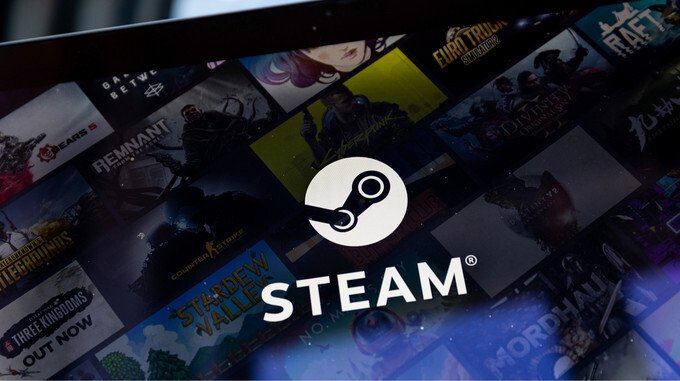No products in the cart.
Could Steam’s Content Removal Be A Wider Consequence Of Project 2025
In a move that shook the gaming community, Steam, one of the world’s largest digital game distribution platforms, recently announced the removal of thousands of adult-themed games. While Valve cites payment processor compliance as the primary reason, many analysts suggest this could be an early reflection of the broader cultural and political shifts anticipated under Project 2025.
Why Steam Removed Adult Content
In July 2025, Valve updated its content guidelines, specifically prohibiting “certain adult-only content” that might violate the standards of payment processors like Visa, Mastercard, and PayPal. This change led to the removal of games featuring graphic sexual content, sexualized violence, and certain extreme themes.
The pressure came from activist campaigns, most notably Collective Shout, an Australian advocacy group. They urged financial institutions to cut ties with platforms hosting games depicting incest, sexual violence, or other morally objectionable themes. The result? Thousands of titles, including LGBTQ+ and self-published indie games, were removed or delisted—sparking debates about censorship and platform responsibility.
Project 2025 and Its Potential Influence
Project 2025, spearheaded by the Heritage Foundation, has outlined goals to tighten regulation around adult content and repeal parts of Section 230 of the Communications Decency Act. Section 230 currently protects platforms like Steam from liability over user-generated content. Its potential repeal could force platforms to self-censor to avoid legal risks, setting the stage for broader content restrictions.
Although Steam’s recent content removals were primarily due to payment processor pressure, the timing has led many to speculate about Project 2025’s long-term influence on digital platforms, particularly regarding adult, queer, or self-published content.
Impacts on Creators and the Gaming Community
The mass removal has created ripple effects:
- Indie Developers: Many small developers, particularly those producing LGBTQ+ content, face lost revenue and visibility.
- Gamers: Players may lose access to niche or personal storytelling games that explore adult themes responsibly.
- Platform Trust: Content removal based on financial risk rather than community standards raises concerns about arbitrary censorship.
These changes highlight the growing intersection of politics, finance, and digital content regulation. Gaming communities are increasingly aware that external pressures—whether activist groups, payment processors, or legislation—can significantly impact creative freedom.
What This Means for the Future
Steam’s content removal is a cautionary tale for both creators and platforms:
- Platforms may preemptively censor content to avoid legal and financial risk.
- Indie developers might need to explore alternative distribution channels like itch.io, although even smaller platforms face similar pressures.
- Gamers may need to advocate for content diversity and platform transparency to preserve access to niche communities and stories.
As Project 2025 continues to gain attention, the gaming world will likely see more policy-driven changes, forcing platforms and creators to navigate a complex landscape of morality, legality, and financial compliance.
Conclusion
Steam’s sweeping content removals may not yet be directly driven by Project 2025, but the broader political and regulatory environment suggests it could be a precursor. The interplay between activist campaigns, payment processors, and potential legislative changes signals a future where platform self-censorship might become the norm.
For gamers, developers, and industry watchers, staying informed about these policy shifts is crucial. The landscape of adult and indie gaming may be permanently reshaped in the coming years.
Steam content removal, Project 2025, adult games Steam, Section 230 repeal, indie game censorship, LGBTQ+ games, Steam adult content ban, Steam game delisting, Valve payment processor compliance, digital content regulation.





































